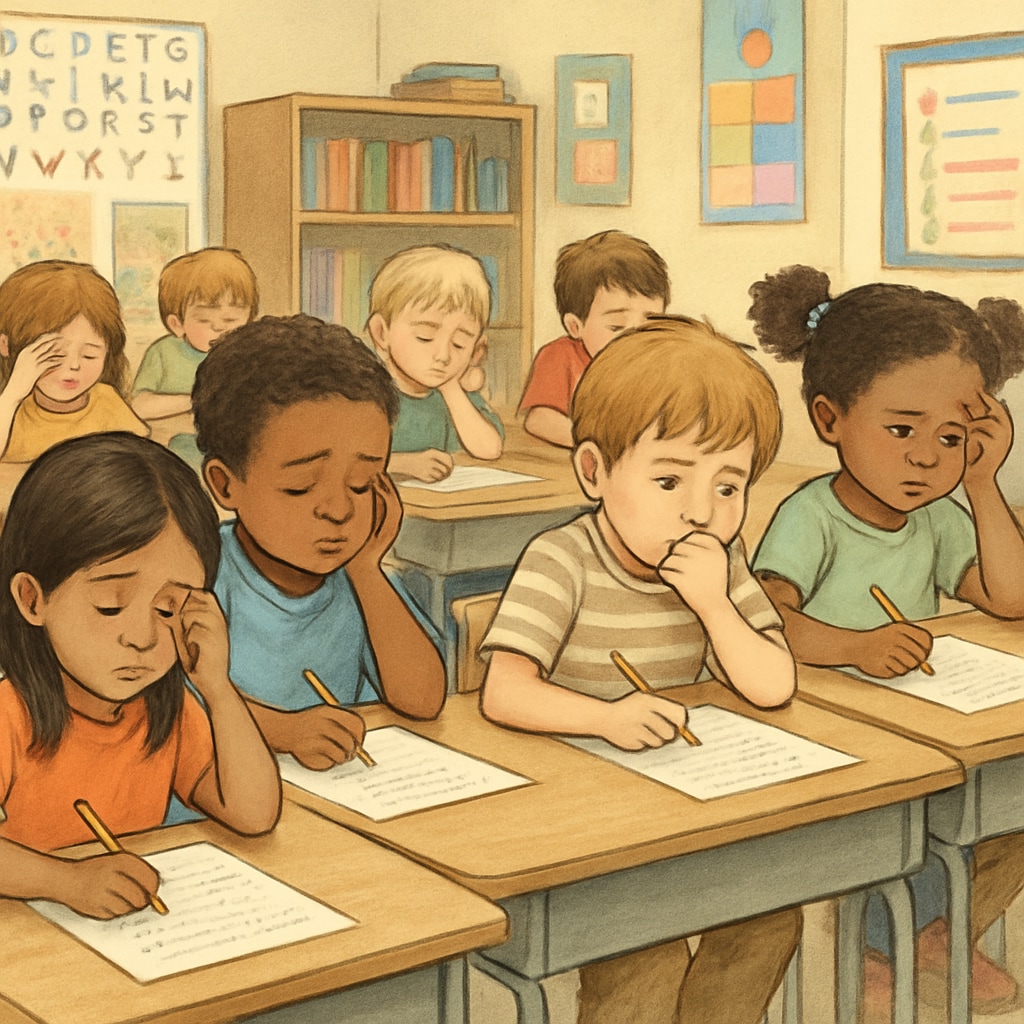University admissions, first-grade students, challenges—these terms may seem unrelated at first glance, but the reality is that competitive college preparation now begins alarmingly early.

As elite university acceptance rates plummet below 5%, parents and educators increasingly push academic rigor onto children barely out of kindergarten. This phenomenon creates unique developmental pressures that demand urgent attention.
The Downward Spread of College Preparation Anxiety
Traditionally, university preparation began in high school. However, according to American Psychological Association research, 30% of elementary school teachers now report standardized test preparation starting in first grade. Three key factors drive this trend:
- Perceived scarcity: With Ivy League acceptance rates below 7%, parents fear any academic “delay” could jeopardize future opportunities
- Misinterpreted research: Some overapply studies about early brain development to justify excessive academics
- Commercial influences: A $2.9 billion test prep industry markets products to increasingly younger demographics

Developmental Consequences of Premature Pressure
While aiming for academic excellence is commendable, developmentally inappropriate expectations create significant risks. The CDC warns that chronic stress in childhood can lead to:
- Sleep disturbances and weakened immune systems
- Reduced creativity and problem-solving abilities
- Negative associations with learning that persist for years
Furthermore, play-based learning—critical for social-emotional development—gets replaced by worksheet drills. This tradeoff often backfires academically long-term.
Balancing Preparation and Wellbeing
Fortunately, research-backed solutions exist to support both future success and present wellbeing:
- Age-appropriate milestones: Focus on foundational skills like curiosity and persistence rather than test scores
- Play integration: Use games and storytelling to teach academic concepts naturally
- Stress monitoring: Watch for physical symptoms like headaches or avoidance behaviors
As awareness grows about university admissions, first-grade students, challenges, more schools adopt humane approaches. The goal shouldn’t be eliminating all pressure, but ensuring it aligns with developmental readiness. After all, childhood isn’t merely preparation for adulthood—it’s a valuable stage deserving of its own joys and discoveries.


